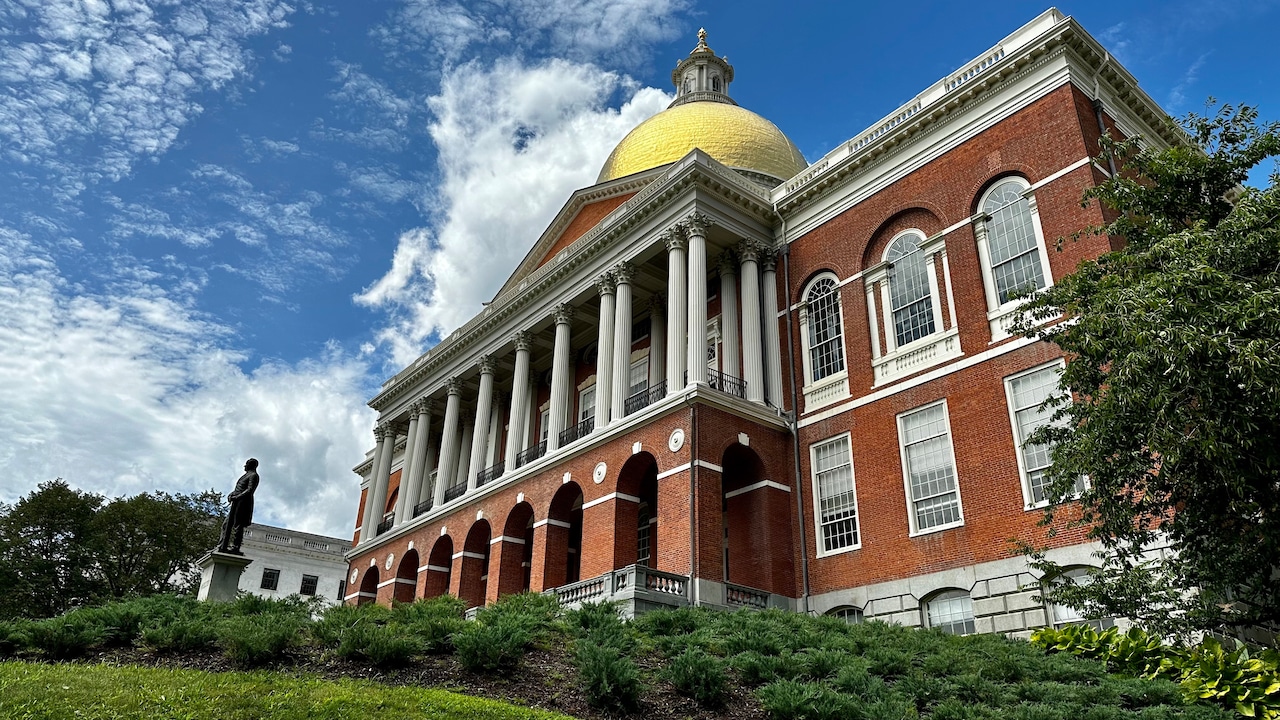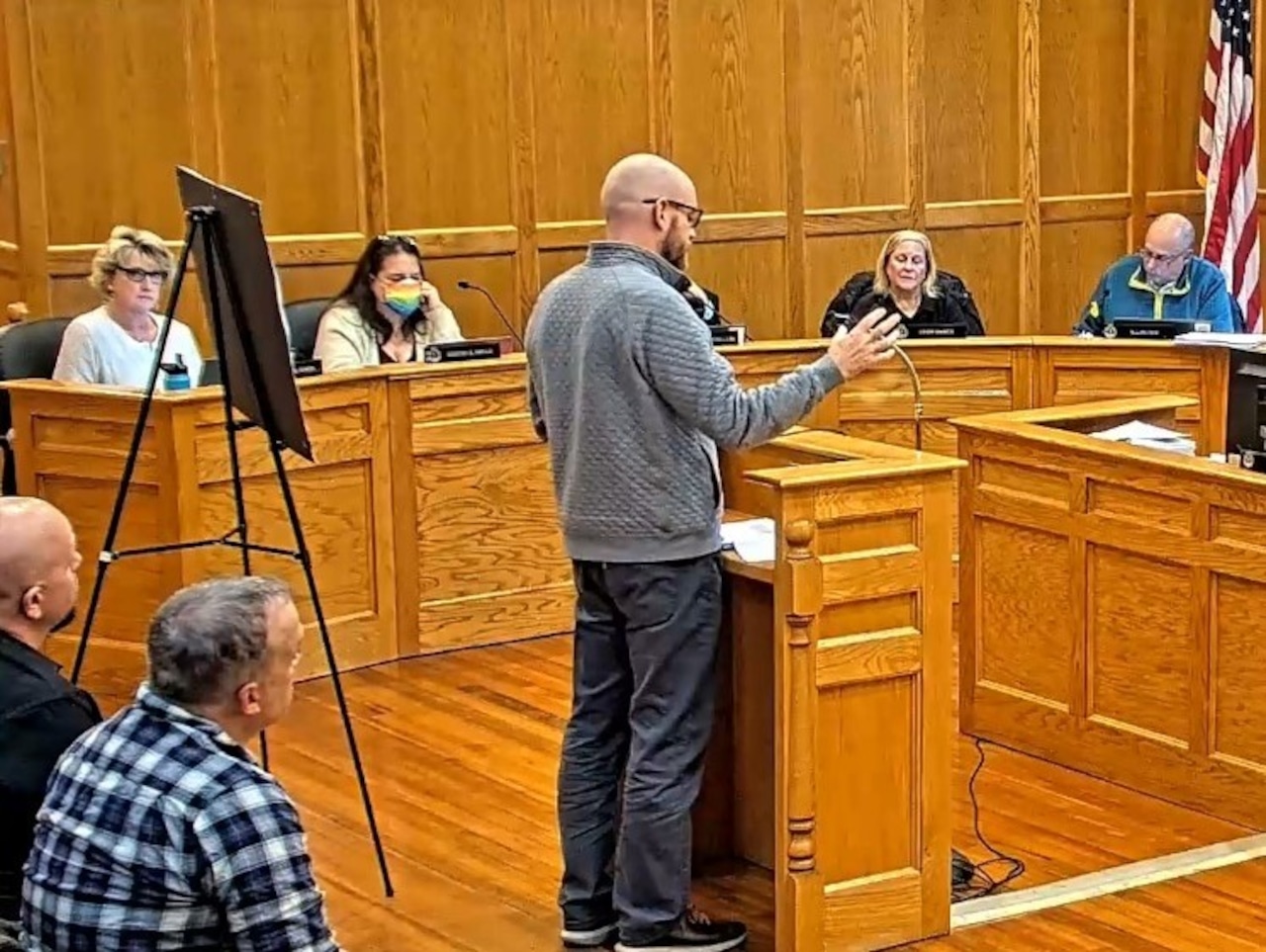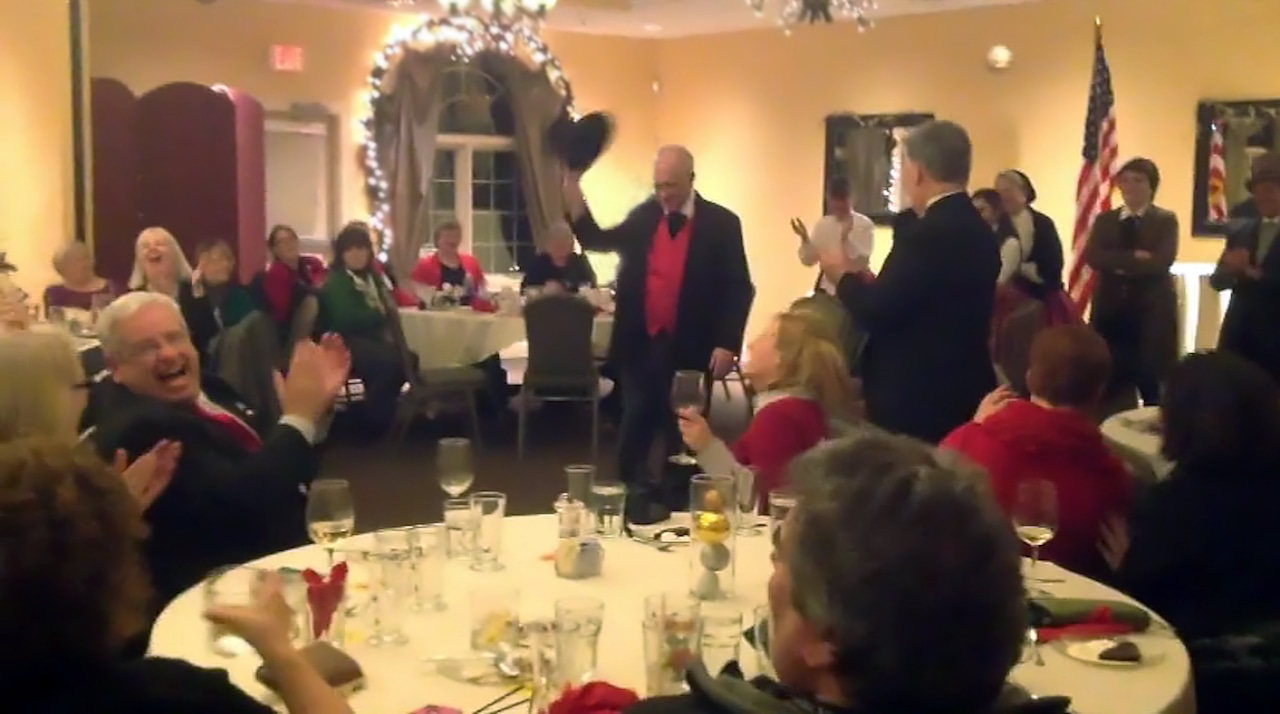
Okay, here’s a thought experiment: Consider yourself at 10 a.m. And then consider yourself at 3 a.m.
At 10 a.m., you’re full of coffee and optimism. You’re all bright-eyed and ready to take on the day. You might even be fresh off a workout.
At 3 a.m., you’re tired, cranky, bleary-eyed, and quite possibly hallucinating from a lack of sleep. You’ve probably just stress-eaten an entire bag of Cool Ranch Doritos.
As one does.
Now consider this: Which version of you is better suited to pass hugely complicated pieces of legislation whose bottom lines run to the billions — with a “B” — of dollars, whose policy implications touch the lives of millions and boast impacts that could last for decades to come?
If you said 10 a.m., congratulations, you’re clear-thinking and sane. If you said 3 a.m., you might want to consider a career in the Massachusetts Legislature.
In case you missed it, state lawmakers pulled an all-nighter that started on Wednesday and ran into the wee hours of Thursday morning, as they raced to push through dozens of bills before the end of formal voting sessions for the legislative year.
Yes, they got some stuff done; notably, a $5.16 billion bond bill aimed at taming the state’s housing crisis, a bill providing a critical redefinition of what constitutes a family in the Bay State and a bill banning PFAS in firefighter gear.
Some things also went seriously wrong.
Lawmakers failed to get a deal on a sprawling economic development bill aimed at boosting the state’s life sciences and climate-tech industries. Like the housing bill, it’s a key priority for Democratic Gov. Maura Healey.
They also couldn’t reach a consensus on a hospital oversight bill that’s supposed to prevent the conflagration now consuming Steward Health Care and the hospitals it owns in the Bay State.
And to the serious annoyance of environmentalists, a climate change bill also fizzled, amid the kind of finger-pointing that tends to happen when you’re working late at night.
When they were asked whether their longstanding practice of leaving everything to the last minute — and keeping hours that would make a werewolf consider a career change — had anything to do with it, legislative leaders offered an existential shrug.
“It’s just the nature of the business that we’re in,” state House Speaker Ron Mariano, D-3rd Norfolk, told reporters.
When he was pressed about the efficacy of that approach, the Quincy Democrat went on offense saying, “Sure. Why wouldn’t it be? Everyone sits across and has an ample opportunity to meet and discuss the priorities in the bill. You get to argue your points to the opposing committee members, and you usually walk away with a solution.”
That also can happen, it bears pointing out, when the sun is shining and people aren’t nodding off at their desks.
And, more importantly, it’s underlined by the data.
This year marked the second straight term that lawmakers couldn’t get an economic development plan over the goal line before they gaveled out for the year on Aug. 1, according to an analysis by State House News Service.
Moreover, the final adjournment times of 9:19 a.m. in the House and 9:57 a.m. in the Senate were the second-latest since a 1995 rules reform created the even-year July 31 deadline, the wire service reported, trailing only last term’s 10:10 a.m. and 10:13 a.m., respectively.
Confronted with those numbers, Senate President Karen E. Spilka, D-Middlesex/Norfolk, seemed to give some ground, saying “That’s certainly something that we will be taking a look at.”
Later in the day on Thursday, Spilka’s office released a statement straddling the line between victory lap and acknowledgment of the work that remains.
The Ashland Democrat took the Ws on the housing bill and the $117 million expansion of free community college that was included in the recently signed state budget.
But she also said the upper chamber “remain[s] committed to continuing our policymaking through informal sessions, especially addressing economic development, health care, and climate change.”
The latter is a reference to the so-called “informal” voting sessions that dot the legislative calendar through the end of the year. The danger there is, however, that an objection by a single lawmaker can derail a bill.
On Thursday morning, as he left a Beacon Hill breakfast joint, Mariano also said he hoped some unfinished work could get done during those informal sessions, State House News Service reported.
That included language in the economic development bill that could clear the way for a new stadium in Everett for the New England Revolution of Major League Soccer.
Healey, meanwhile, also offered a gritted-teeth statement crediting lawmakers for what they’d gotten done but also reminding them of the stuff left on the shopping list.
“My administration will continue to work with legislative leaders and urge everyone to find a way to pass these economic priorities before the end of the session,” Healey said, echoing comments she’d made earlier in the day.
Republicans, predictably, pounced on their Democratic rivals.
“This type of rushed legislating runs counter to basic principles of governance and transparency,” state GOP Chairperson Amy Carnevale said in an email. “The leadership delayed action on these bills because they knew the only way to pass these measures was to rush 100-page bills through without public input or even to allow their own legislators the chance to read them. This is by design. The party bosses thought they could steamroll regular order.”
Hyperbolic? Sure. Partisan? No doubt. But not wrong, either.
And while this has been standard operating procedure on Beacon Hill for years, as one pol noted earlier this week, that doesn’t mean it’s not worth taking a second look at how stuff gets done.
It’s a high-stakes time. And with so much on the line, it might finally be time to put late-night legislating to bed for good.






